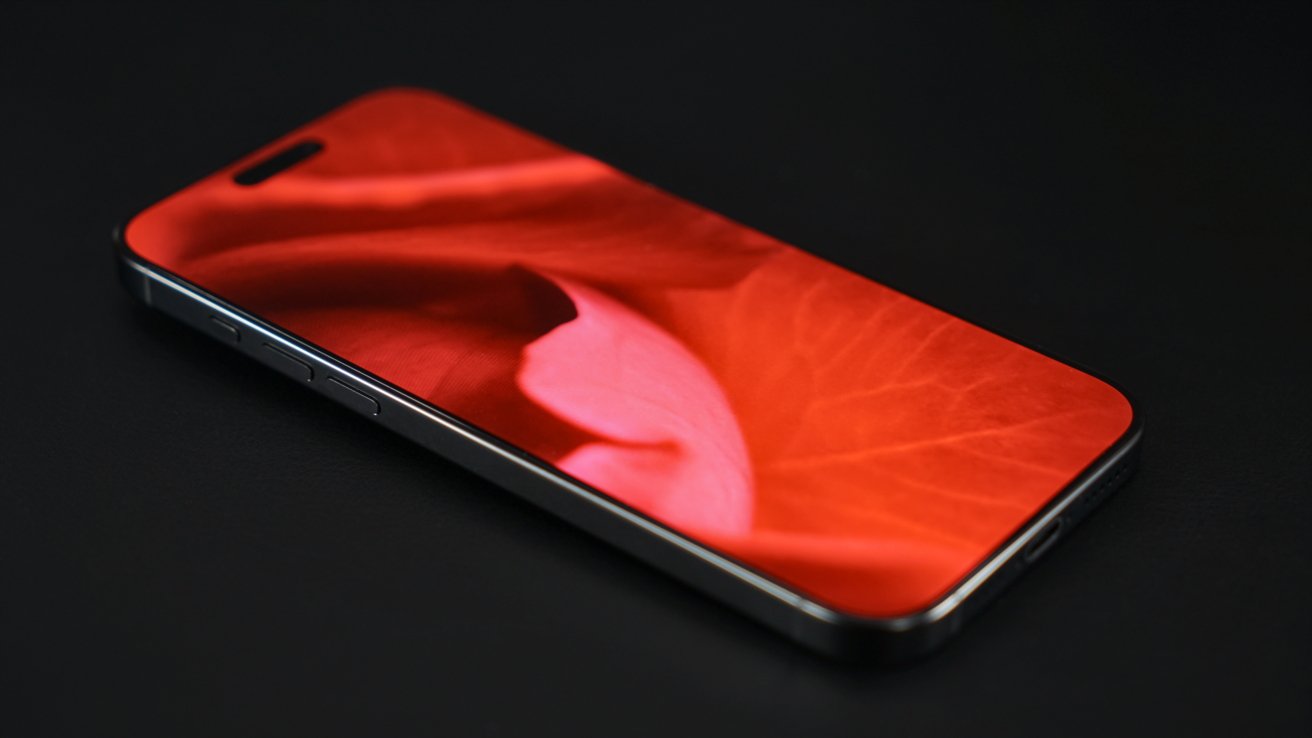Tariff-related iPhone price increases estimated to be lower than feared
While the chaos of tariffs will make things unpredictable for some time, the latest analyst guess-work about what an iPhone 16 Pro Max could cost comes in with a much smaller increase in price than previously estimated.

It's about to cost a lot more money for an iPhone
The United States Trump administration levied extreme tariffs against nearly every country, territory, and island, inhabited or not. The combination of nonsensical math behind tariffs and vague exemptions that won't apply to Apple chips makes price estimates difficult to ascertain.
A report on Monday evening from UBS, seen by AppleInsider, offers smaller price hikes compared to an earlier report. Instead of a $2,300 iPhone 16 Pro Max with 1TB of storage, the new numbers bring that price closer to $2,062.
The tariff impact estimates suggest that iPhones assembled in China could see an increase in retail price of 29%. However, that likely only accounts for tariffs at 54%, not the 104% tariffs that are expected to go into effect on April 9.
Prices for iPhones assembled in India are estimated to go up 12%. That places the iPhone 16 Pro with 128GB of storage at $1,119, up from $999.
Apple Watch Ultra 2 assembled in Vietnam could be priced at $949. That's a 19% price increase.
The tariffs also impact costs to servers, though it depends on if it is built in Taiwan, a 27% price increase, or not. AI servers, the report suggests, are exempted if they are Mexico, USMCA compliant. This is not immediately relevant to an iPhone's bill of materials, but it is to Apple's overall costs.
That said, there is a lot of uncertainty around how Apple will absorb the cost of tariffs. The company could rely on a combination of things like cost sharing with suppliers, eating into product margins, relying on inventory, and passing the cost to customers.
The potential length of the tariffs also throws everything into question. It is a different calculus if the tariffs are only for a few months prior to iPhone 17 season, versus multiple years.
The length of the tariffs will also have varying effects on the earnings per share of Apple and other companies. Short term could be a 3% to 5% hit, middle term a 10% to 15% hit, and long term a 20% to 25% hit.
UBS advises investors not to lose hope and look to previous stock performance under the 2018 tariffs for an example. After uncertainty was priced in, things stabilized. However, the tariffs were much more limited in scope then almost by an order of magnitude, so things are tough to predict.
The report suggests that tech stocks could see a rally of as much as 29% after uncertainty is priced in. The total returns in year two of the 2016 to 2019 period were 28%, for example.
Apple's stock has taken a beating, and things are likely to get worse in the coming week. If the 104% tariffs on China go into effect, it'll be devastating for tech stocks.
No matter how you slice it, the situation is going to be tough on companies, but much worse for customers and the US market.
Read on AppleInsider

Comments
One thing I've been wondering -- one way to kinda-sorta reduce the impact of the tariffs could be to move more functionality from on device to Apple's servers. It would be easier to build servers that are made in low or zero tariff locations, using chips made in the US. It's not quite as critical to use cutting edge process nodes for server chips as it is for chips in mobile devices. The M2 was made on the N5P process. Apple could build that in AZ. They could also improve it a bit and move to N4.
If they did that, people could hold onto their iPhones for longer but access more powerful features using PCC and Apple's servers. It could push people to pay for higher iCloud tiers.
They could also simply divert more of India's production to the US, and use China's phones on the international market.
Why not? New facilities in India, IIRC, manufacture about 20% of all iPhones.